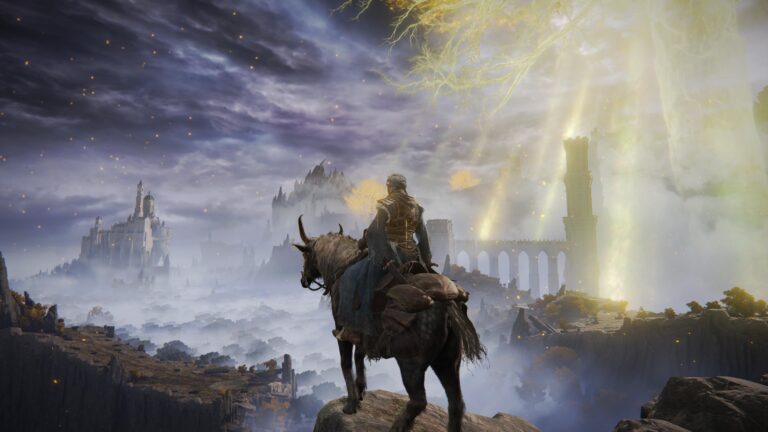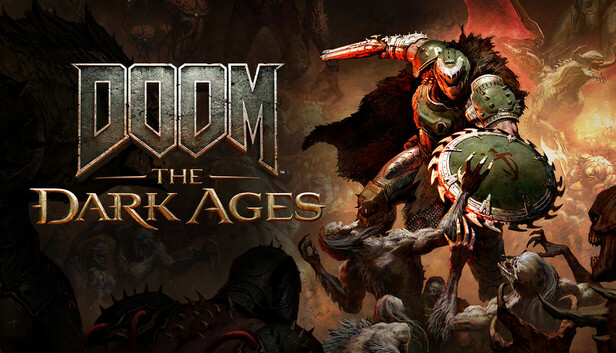Platform | SNES, PlayStation 2, Nintendo DS, Mobile |
|---|---|
Publisher | Square Enix |
Genre | Turn-Based RPG |
Release Date | 09/27/1992 |
Dragon Quest 5, subtitled Hand of the Heavenly Bride, is a beloved installment in the long-running Dragon Quest series. Originally released for the Super Famicom in 1992, this game has enjoyed enduring popularity and multiple remakes on various platforms, including the PlayStation 2, Nintendo DS, and mobile devices. Dragon Quest 5 stands out for its rich narrative, innovative gameplay mechanics, and its pioneering role in shaping modern role-playing games. In this article, we delve into the facets that make Dragon Quest 5 a standout RPG experience.
Story
Dragon Quest 5 is renowned for its compelling and emotional storyline, which spans several decades of the protagonist’s life. Unlike many RPGs of its time, the narrative does not just focus on a grand quest but also explores themes of family, legacy, and personal growth.
Prologue and Early Life
The story begins with a touching introduction to the protagonist’s early life, where players assume the role of a young boy traveling with his father, Pankraz. This initial segment introduces players to the game’s world through the eyes of a child, setting the stage for a deeply personal journey. The bond between the protagonist and his father is a central emotional pillar, as Pankraz acts as both protector and mentor.
Captivity and Liberation
The narrative takes a dramatic turn when tragedy strikes, and the protagonist finds himself separated from his father and imprisoned. This captivity marks the transition from childhood to adulthood and serves as a critical period of character development. Upon gaining freedom, the protagonist embarks on a quest to unravel his family’s past and fulfill his father’s legacy.
The Hero’s Journey
The journey to uncover the truth about his lineage and destiny takes the protagonist through various regions, encounters with memorable characters, and battles against formidable foes. The inclusion of a marriage choice is a pivotal moment in the story, allowing players to select a life partner from three potential brides. This choice influences the game’s narrative, adding replay value and personal investment in the story.
The Next Generation
As the protagonist’s life progresses, players witness the growth of the next generation, as the hero’s children become integral to the ongoing quest. This multi-generational narrative is a hallmark of Dragon Quest 5, providing a sense of continuity and depth rarely seen in RPGs of its era.
Gameplay
Dragon Quest 5 builds upon the traditional RPG mechanics that the series is known for, while introducing several innovative elements that distinguish it from its predecessors.
Turn-Based Combat
At its core, Dragon Quest 5 retains the classic turn-based combat system that fans of the series will find familiar. Players engage in strategic battles with a variety of monsters, utilizing a combination of physical attacks, magic spells, and special abilities. The combat is intuitive, yet offers depth through character customization and party management.
Monster Recruitment
One of the game’s most innovative features is the ability to recruit monsters into the player’s party. This mechanic adds a layer of strategy and variety to battles, as players can capture and train monsters with unique skills and attributes. The monster recruitment system was a groundbreaking addition at the time and laid the groundwork for future games that focused on monster collection.
Exploration and Quests
The world of Dragon Quest 5 is rich with exploration opportunities, from bustling towns to mysterious dungeons. Players are encouraged to interact with NPCs, solve puzzles, and complete side quests that enhance the main storyline. The game’s pacing allows for both leisurely exploration and focused progression, catering to different playstyles.
Marriage and Family System
The marriage mechanic is more than just a narrative device; it also influences gameplay. Choosing a bride affects the abilities and strengths of the hero’s offspring, who will eventually join the player’s party. This system adds a layer of strategy to character development and party composition, as players must consider the long-term impact of their choices.
Graphics and Sound
Dragon Quest 5, like its predecessors, exhibits the charming and distinct art style crafted by Akira Toriyama, known for his work on the Dragon Ball series. The graphics reflect the technological capabilities of the platforms it was released on, with each iteration receiving upgrades that enhance the visual experience.
Visuals
The original Super Famicom version featured colorful 2D sprites and detailed pixel art that brought the world to life. The PlayStation 2 remake introduced 3D graphics while maintaining the series’ signature aesthetic. The Nintendo DS and mobile versions struck a balance between these styles, providing a visually appealing experience that appealed to both nostalgic fans and new players.
Soundtrack
The music of Dragon Quest 5, composed by Koichi Sugiyama, is a memorable aspect of the game. The soundtrack captures the spirit of adventure and emotion, with themes that range from triumphant and epic to somber and reflective. The orchestral quality of the music enhances the storytelling, providing an auditory backdrop that resonates with players long after the game is over.
Legacy and Reception
Dragon Quest 5 has left a lasting impact on the RPG genre and is often hailed as one of the best entries in the series. Its innovative narrative and gameplay mechanics have influenced countless games that followed.
Critical Acclaim
Upon its initial release, Dragon Quest 5 was met with critical acclaim in Japan, praised for its deep storytelling and engaging gameplay. While it took several years for the game to reach Western audiences, its eventual localization was met with enthusiasm and appreciation for its timeless qualities.
Influence on Future Games
The game’s multi-generational narrative and monster recruitment mechanics have inspired other RPGs, contributing to the evolution of storytelling and gameplay in the genre. Dragon Quest 5’s success paved the way for future Dragon Quest titles and established a template for integrating personal stories within epic adventures.
Remakes and Ports
The enduring popularity of Dragon Quest 5 is evident in its numerous remakes and ports. Each version has introduced the game to new audiences, ensuring its place in gaming history. The Nintendo DS version, in particular, brought the game to a global audience, solidifying its status as a classic RPG.
Conclusion
Dragon Quest 5: Hand of the Heavenly Bride is a masterpiece of storytelling and gameplay innovation. Its multi-generational narrative, compelling characters, and strategic depth have cemented its place as a beloved classic in the RPG genre. The game’s impact is felt not only in its own series but also in the broader landscape of video games, where its influence continues to inspire new generations of developers and players alike. Whether experienced on its original platform or through one of its many remakes, Dragon Quest 5 remains a timeless journey that captures the essence of epic adventure and personal growth.















